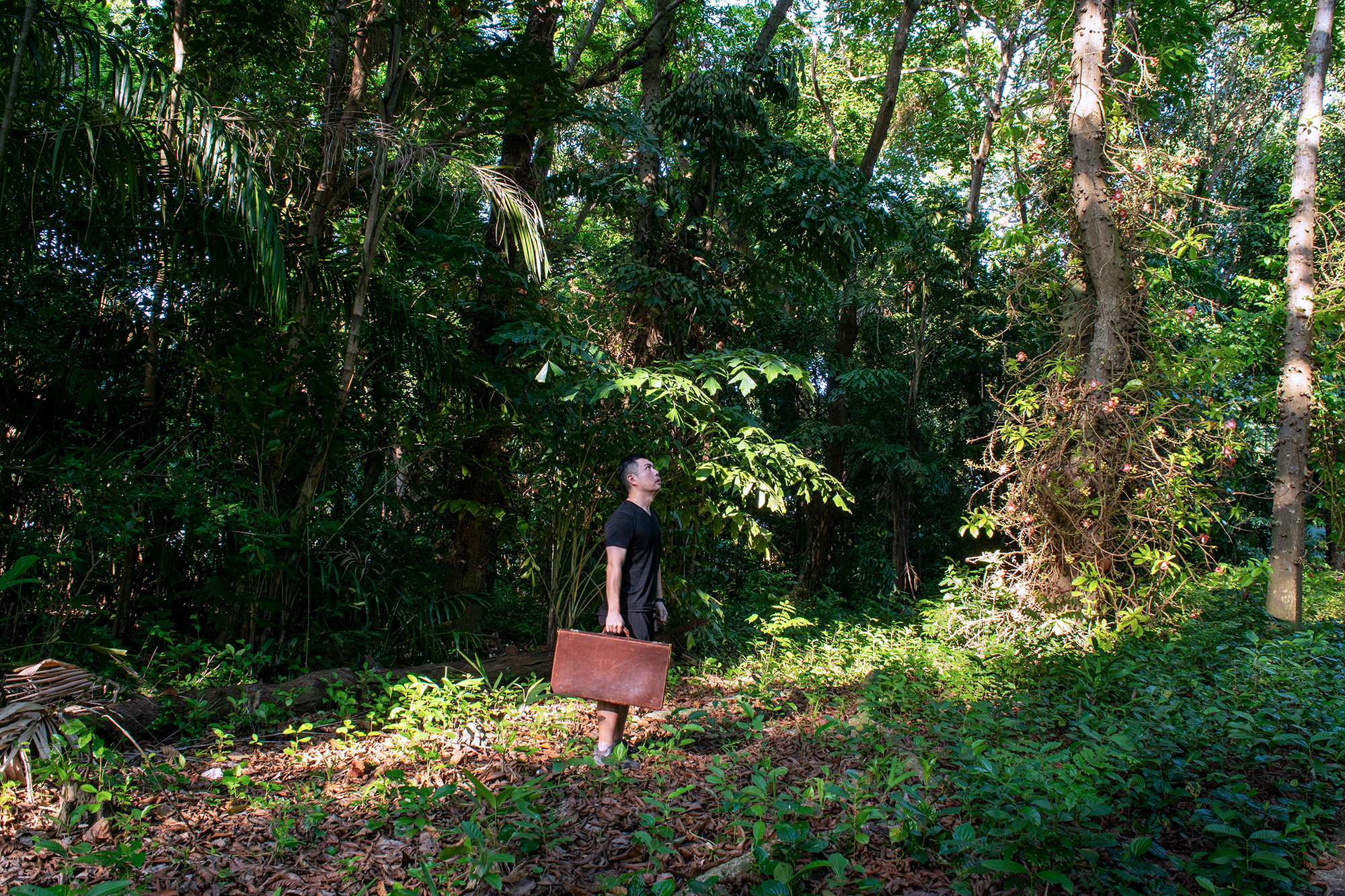Press Release — 5 Min Read
Black Sheep Talks
Press Release — 5 Min Read
Black Sheep Talks
“Meanwhile, ‘Black sheep! Black sheep!’ we cry, / Safe in the inner fold; / And maybe they hear, and wonder why, / And marvel, out in the cold.”
Richard Eugene Burton
In the archive of the Museum of Contemporary Cuts (MoCC) there are a series of interviews that were loosely published. The series was realized as part of Transcultural Exchange, a conference and art event in Boston. The director of MoCC came up with the idea of blending the difficulty of the artistic practice and its complexity with the difficult notion of innovation, which so much celebrated in practice is, instead, still to these days carefully ostracized from educational and museum settings alike.
Modern Art Education
The interviews were an experiment which was done in spite and despite some of the ‘higher education’ rules and models imposed upon the students in the United States of America. Notions like ‘right to fail’ or ‘right to experiment’ have very limited citizenship in the corporate education system. Nevertheless, these interviews that have nothing to envy to more professional endeavors, were realized thanks to a group of very determined and professional Master’s students.
The logo was realized by Rosemary Boucher, production management was by Kris Weir and Sarah Bradshaw, and camera work and editing by Lazor.
The project, conceived from Lanfranco Aceti for the Museum of Contemporary Cuts, has been kept in the archive of MoCC. It is currently being re-published and shared as the talks acquire more significance and with the restructuring of the museum’s archive and online presence. This is at a time in which institutions which had always snubbed online endeavors have been forced to enter the fray, trying to keep their audiences engaged.
The Talks’ Conceptual Underpinning
“When I conceived these talks, it was a rather interesting time in my life,” explained the director of the Museum of Contemporary Cuts to John J. Francescutti, editorial and social media manager. “Being in the United States had always been a desire of mine which has always clashed against the reality of a country in which homogenization is a must, and differences and dissent are not solely frowned upon but actively discouraged. Of course in a country in which differences are in a large parts of the population it was politically necessary to impose, at the level of civil society, a sense of conformism. This is a blanket form of conformism which is truly transpolitical and crosses both major political parties. To conform within pre-established notions of existence, behavior, thought, and even assumption of conformity itself is a must.”
J. J. Francescutti — “What pushed you then to conceive this particular framework?”
L. A. — “It was the need to show that conformity has no set values and that even transgression can become a form of assimilation if there are rules on what transgression is and what is not. I had decided to show the students what conformity was but also the large variety of alternatives to the reality that they were experiencing as privileged adults in the United States of America. Despite the harsh realities of that country they can’t compare with being held in a Libyan prison or living as an underprivileged adult in parts of the world in which freedoms were curtailed. I would have liked for them to reflect on the lack of freedom within the United States itself and the presence of a vast underprivileged class that is willfully kept outside the so called civil society. I wanted for them to consider how much the political confrontation based on race, gender, and abilities was a distraction from the real issue of class which traverses American society from North to South, from East to West.”
J. J. Francescutti — “Did you succeed?”
L.A. — “I am not sure. Intellectual awakening takes time. Very long time, in some cases. And then, when it happens, and in whatever manner it happens as a sudden blinding revelation or as a slow understanding of things that suddenly seem utterly obvious, in whatever way the revelation happens it is always only partial. I am incredibly Parmenidean in my understanding of reality and teaching.
It is right that you learn all things,
Both the unshaking heart of well-persuasive truth,
and the beliefs of mortals, in which there is no true trust.
One can only show and demonstrate the tools to attain knowledge. Have the students learnt something? Will anyone learn anything from these interviews and from the new ones to come? Only time will tell. We can only try to put forward a different perspective. No matter the costs.”
We will process the personal data you have supplied in accordance with our privacy policy.




